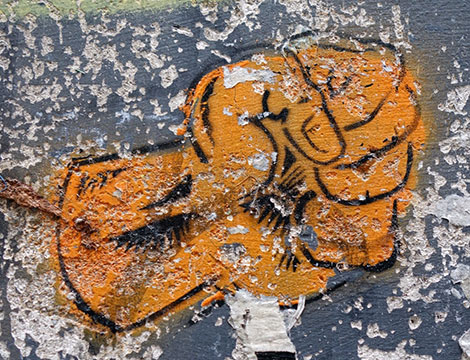
This article was originally published by YaleGlobal Online on 12 January 2017.
Chinese-Indian relations are deteriorating, worsening the security environment in Asia. “New Delhi may have decided to take the Chinese challenge head-on,” explains Harsh V Pant. “To complicate matters for India, its erstwhile ally Russia, which has become a close friend of China, is showing interest in establishing closer ties with Pakistan.” The most recent slight for India: Refusal by China, alone among the 15 members of the UN Security Council, to designate a Pakistan man as terrorist. India responded by testing long-range missiles that could hit population centers in China, while China demonstrates willingness to boost Pakistan’s nuclear missile capability. China extended its China-Pakistan Economic Corridor through contested territory in Pakistan-occupied Kashmir claimed by India. India has reinserted Tibet into bilateral affairs with more public prominence for the Dalai Lama, Tibet’s exiled spiritual leader. India is marginalized as China, Russia and Pakistan cooperate on regional issues, including Afghanistan. Adding to the volatility is a reversal in US foreign policy, as the president-elect issues accusations at China and expresses hope to improve ties with Russia.
